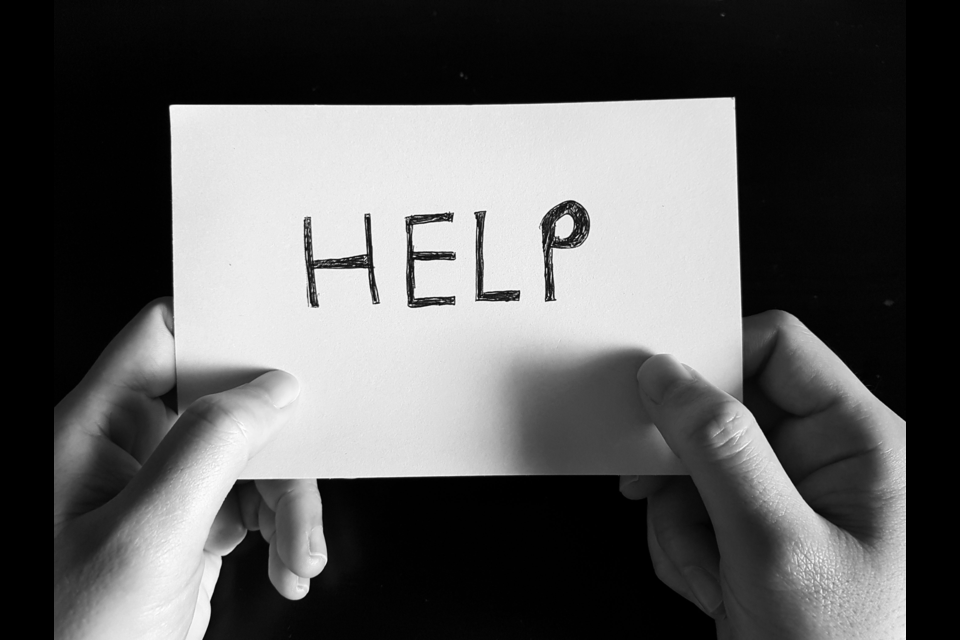Most adults and, unfortunately some children, know one or more people who have committed suicide. The news always hits hard no matter what the relationship is with the individual who made that choice.
The loss is felt by the family and the community. It is natural to ask: “What could have prevented this tragedy?” Sadly, that is a question that does not have a simple answer.
Suicide is so complex that attempting to tease out all the variables is more conjecture than science. We do have some patterns that can inform what to look for in an individual but most are hindsight at best.
The wild card is the human involved. Individuals who are considering taking their own life often hide it very well. We all have different levels of tolerance about life’s curveballs and we don’t interpret events in the same way. What can bring me to my knees may not be that big a deal for you.
Knowing some risk factors can be useful when we become aware that someone is in difficulty. The key risk factors are family history, previous attempts at suicide, mental health issues such as anxiety and depression accompanied by suicide ideation, substance abuse, verbalization (I can’t take it anymore/they would be better off without me) and several other related issues that can cause hopelessness and helplessness. These are the two core feelings that drive the need to escape life. Without hope and without the power to change circumstances, individuals may not see a way out. It is extremely hard to move forward when you cannot see a future.
It may surprise some to know that the 2021 suicide statistics indicated a reduction in suicide cases in BC. Men in their 40s and 50s represent the highest number of suicides. Men are three times more likely to commit suicide than women. All ages are impacted.
BC recorded 582 suicides from 2019 to 2021. Suicide is considered a significant health concern in our province. In Canada, there are 11 suicides for every 100,000 people.
Prevention is not easy but there are practices that parents and others can implement.
It is always essential to keep the lines of communication open. Do not judge. Empathy is your best tool.
Stay alert and know how your child or loved one is spending time. Know their friends. Address bullying issues immediately. Bullying is not something that can be ignored and the negative effects are immeasurable.
Social media needs to be monitored and limited. Be aware of isolating behaviours and draw the person into social interaction with others. If mental health issues are present, get professional help as soon as possible.
Educate yourself about suicide and get support from others. Be aware of what is in your home that could be used to commit suicide.
As humans, we have a basic need to be loved and to belong. Keep your family and friends close and be present in their lives. That’s all they really need from you.
Deborah Joyce is a psychotherapist with a practice in Powell River and Comox Valley. For more information, go to deborahjoyce.ca.
Join the Peak’s email list for the top headlines right in your inbox Monday to Friday.



